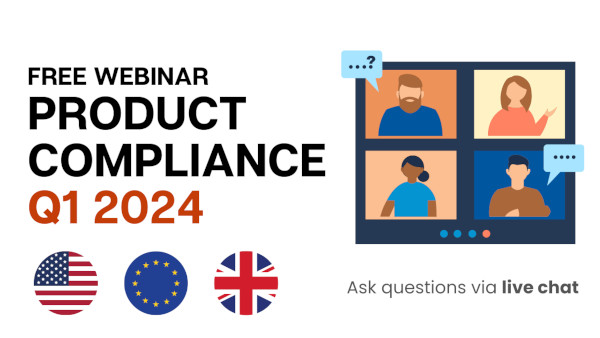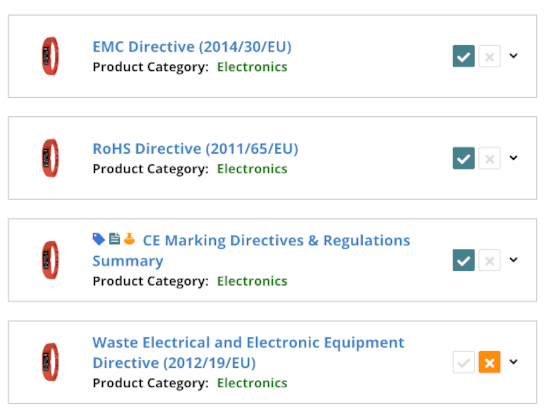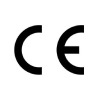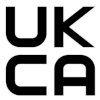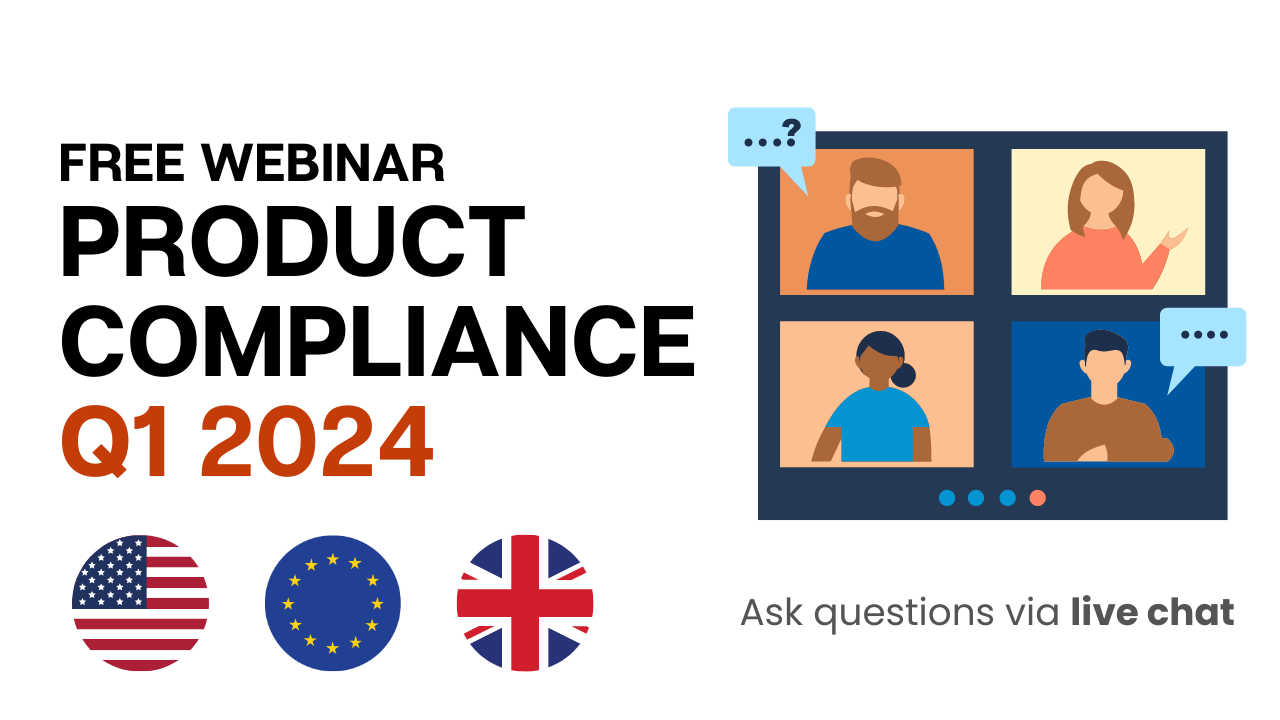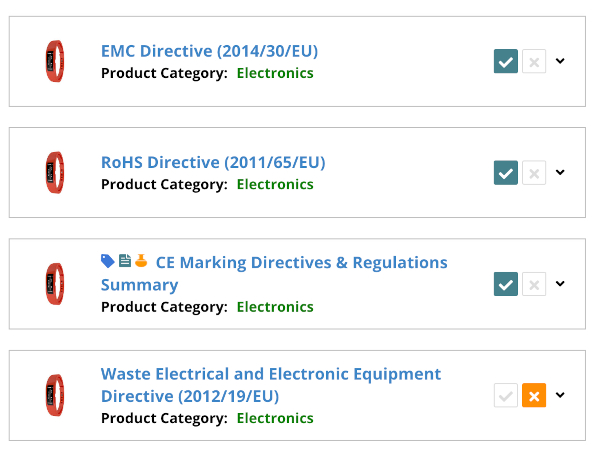
In this article, we list products covered by one or more FDA rules or regulations. FDA regulations cover a wide range of products, including food contact materials, medical devices, sunglasses, supplement and more.
Note: This article also lists some FDA regulations/rules applicable to certain product categories. Notice that the lists are not definitive or kept up to date.
Content Overview

FREE CONSULTATION CALL (US, EU & UK)
- Request a free 30-minute call with Ivan Malloci to learn how we can help you with:
- Find product requirements
- Certification and labeling
- Lab testing
Food Contact Materials
21 CFR (Code of Federal Regulation) covers food contact materials such as plastic, metals, papers, ceramics, and composites, that are widely used in products such as kitchenware, cutleries, food packaging and other categories of products.
Below, you will find some specific FDA provisions for food contact materials.
FDA Regulations
- 21 CFR 174 – General Indirect Food Additives
- 21 CFR 175 – Adhesives and Components of Coatings
- 21 CFR 176 – Paper and Paperboard Components
- 21 CFR 177 – Polymers
- 21 CFR 178 – Adjuvants, Production Aids, and Sanitizers
- 21 CFR 179 – Irradiation in the Production, Processing, and Handling of Food
Product Examples
- Kitchenware
- Tableware
- Cutlery
- Bottles
- Containers
- Food packaging
- Food additives
Medical Devices
FDA demands the abidance of rules if a product is considered to be a medical device, according to the Food, Drug, and Cosmetic Act, aiming to ensure the safety and effectiveness of the devices.
A medical device is defined by the FDA as an instrument, machine or other similar products that:
- is recognized by the National Formulary, the US Pharmacopoeia, or an equivalent document
- is used for preventing, diagnosing or curing diseases
- is intended to affect functions or the structure of the human or animal bodies
FDA classified medical devices into three categories depending on the assessment of risks, from Class I to III. The higher the number, the higher the assumed risks are for the human body and health.
FDA Regulations
- 21 CFR 807 – Establishment Registration and Device Listing for Manufacturers and Initial Importers of Devices
- 21 CFR 880.2920 – Clinical Mercury Thermometer
Product Examples
- Glucose monitoring machine
- Pacemaker
- Contact lenses
- Breast implants
- Dermal fillers
- Personal protective equipment
Fitness Equipment
21CFR Part 890 regulates both measuring and non-measuring fitness equipment with therapeutic purposes sold in the US. Such devices are intended for medical purposes, such as devices for muscle redevelopment, or joint motion restoration, with or without measuring instrumentation (e.g. pulse rate monitors).
FDA covers a wide range of exercise equipment, including bars, treadmills, powered exercisers, and more
FDA Regulations
- 21 CFR 890.1925 – Isokinetic Testing and Evaluation System
- 21 CFR 890.5360 – Measuring Exercise Equipment
- 21 CFR 890.5380 – Powered Exercise Equipment
- 21 CFR 890.5410 – Powered Finger Exerciser
Examples
- Bars
- Parallels
- Treadmills
Sunglasses
Sunglasses are categorized by FDA as Class I medical devices and should comply with FDA’s requirements for sunglasses products, and thus they should have a protective function to the eyes, such as protection from the sunlight, UV light or radiation.
FDA also requires sunglasses to conform with the ANSI Standards, such as:
- ANSI Z80.3 Impact Resistance Test for Nonprescription Sunglasses and Fashion Eyewear
- ANSI Z80.3 Flammability Test Nonprescription Sunglasses
FDA Regulations
- 21 CFR 886.5850 – Sunglasses
- 21 CFR 801.410 – Drop Ball Test
Examples
- Non-prescription sunglasses
- Polarized sunglasses
Cosmetics
Cosmetic products manufactured, imported and sold in the US market are required to comply with the FDA’s regulations and requirements. FDA defines cosmetics as products that intended to be used for the purpose of cleansing, beautifying or enhancing the attractiveness of appearances, such as makeup and skin-care products.
Cosmetic products should be safe to use and do not contain an excessive amount of chemical substances and toxins that will pose a threat to the human body. Incompliant products will be banned from entering and sales in the US.
For cosmetic products, FDA especially pays attention to the color additives, pigments and the therapeutic composition inside the products. For example, the following substances are restricted or prohibited to use in cosmetic products by the FDA:
- Bithionol
- Chlorofluorocarbon propellants
- Chloroform
- Hexachlorophene
- Mercury compounds
- Methylene chloride
- Cattle materials
- Vinyl chloride
- Zirconium-containing complexes
FDA also examines the level of heavy metal substances and restricts overdose of heavy metals and toxins in cosmetic products, the following are some examples:
- Zinc sulfide
- Copper
- Lead
- Arsenic
- Mercury
- Cadmium
FDA Regulations
- 21 CFR 700 – Requirements for Specific Cosmetic Products
- 21CFR 70.5 – General restrictions on the use of color additives
Product Examples
- Eyeliners
- Eye shadows
- Lipsticks
- Blush
- Concealer
Food & Beverages
FDA requires imported food to the US market are produced under sanitary conditions, be safe to consume and comply with all the applicable food safety standards. The FDA does not certify or license individual food importers, products, labels, or shipments before importation.
FDA established requirements for food additives and colorants used in foodstuffs and beverages.
In addition, FDA also requires imported food to comply with its regulations on food labeling, which is intended for most prepared foods, such as bread, cereals, canned and frozen foods, and drinks. Information on the label must be informative and correct in terms of the description of the products, nutritional values, and composition.
FDA Regulations
- 21 CFR 582 – General Purpose Food Additives
- 21 CFR 70 – Color Additives
Product Examples
- Processed foods
- Dry goods, canned foods
- Pickled foods,
- Prepared meals
- Infant formula
- Dietary or nutritional supplements
Supplements
Dietary supplements are regulated by FDA and defined as products that are taken by mouth that contain some dietary ingredients such as minerals, vitamins, amino acids, herbs, and other substances that serve as the function in supplementing the diet.
Diet supplementary products include products like bodybuilding medicines, protein powders, vitamin capsules, herbal pills. FDA regulates diet supplementary products and requires their compliance using indicators such as the level of pesticide in the product of the correctness of the ingredients claimed on the label as parameters.
FDA Regulations
- 21 CFR 111 – Current Good Manufacturing Practice for Dietary Supplements
Product Examples
- Bodybuilding products
- Vitamins supplements
- Herbal products
- Amino acid products
- Enzyme supplements
Pharmaceuticals
FDA regulates any kind of medicines and drugs manufactured and marketed in the US market. Products that are for the purpose of diagnosing, curing, treating and preventing diseases of humans or animals are considered as pharmaceuticals by the FDA.
FDA Standards
- 21 CFR 211 – Current Good Manufacturing Practice for Finished Pharmaceuticals
Product Examples
- Ibuprofen
- Aspirin
Animal Food & Drugs
FDA regulates the safety of pet food via cooperating with the State Department of Agriculture in various states and AAFCO (American Feed Control Officials), to establish various acts and directives.
These directives require that animal production industries are responsible for ensuring the safety of animal food starting from production, packaging, labeling, distribution, and use.
FDA requires that nutritional ingredients of dog and cat food should meet the standards of AAFCO Note that the following substances are restricted or banned by the FDA for using in pet food:
- Gentian violet
- Animal proteins
- Propylene glycol
In addition, the FDA also provides guidelines for handling and storing methods of pet food and snacks in order to prevent the contamination of pet food.
Besides, the FDA also regulates animal drugs, as it does for humans.
FDA Regulations
- 21 CFR 579 – Irradiation in the Production, Processing, and Handling of Animal Feed and Pet Food
- 21 CFR 584 – Food Substances Affirmed as Generally Recognized as Safe in Feed And Drinking Water of Animals
- 21 CFR 589 – Substances Prohibited from Use in Animal Food or Feed
- 21 CFR 502 – Common or Usual Names for Non-standardized Animal Foods
Product Examples
- Dog, cat, guinea pig, and hamster food
- Canned (wet) animal food
- Dry animal food
- Bird seeds
- Timothy grass
- Allergy support for respiratory health for dogs
- Dog seizure relief
Radiation Emitting Electronic Equipment
FDA regulates radiation-emitting electronic products via the Electronic Product Radiation Control (EPRC) provisions for the purpose of protecting public health from the influence of radiation from electronic products.
FDA defines radiation-emitting electronic equipment as an electrically-powered product that can emit any form of radiation on the electromagnetic spectrum. Radiation emitting electronic products could be found in the area of industrial, scientific, medical, commercial, household, entertainment, and sports.
FDA Regulations
- 21 CFR 1000 – General Provisions for Electronic Products
Product Examples
- Halogen lamps
- Laser light shows
- Laser printer
- Suntan lamps
Additional Resources
1. CFR – Code of Federal Regulations Title 21 (FDA)



